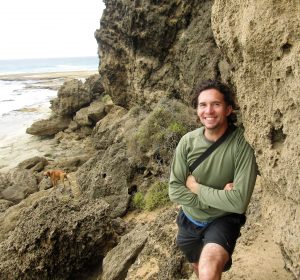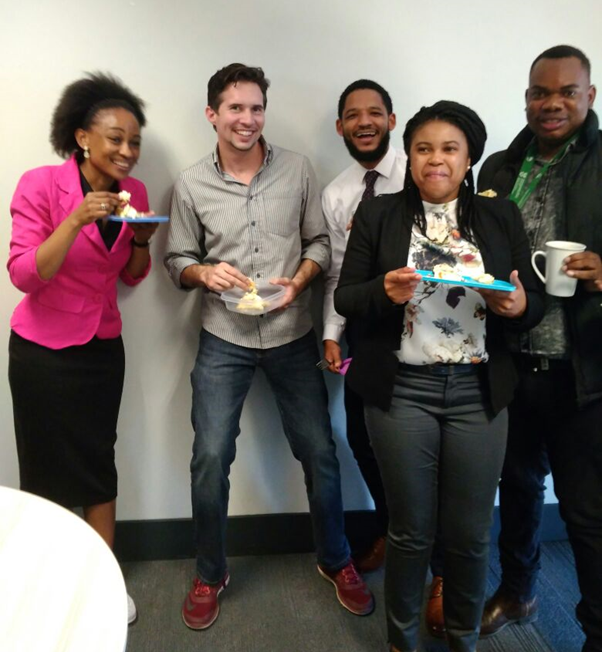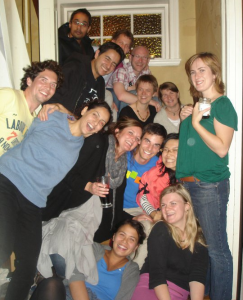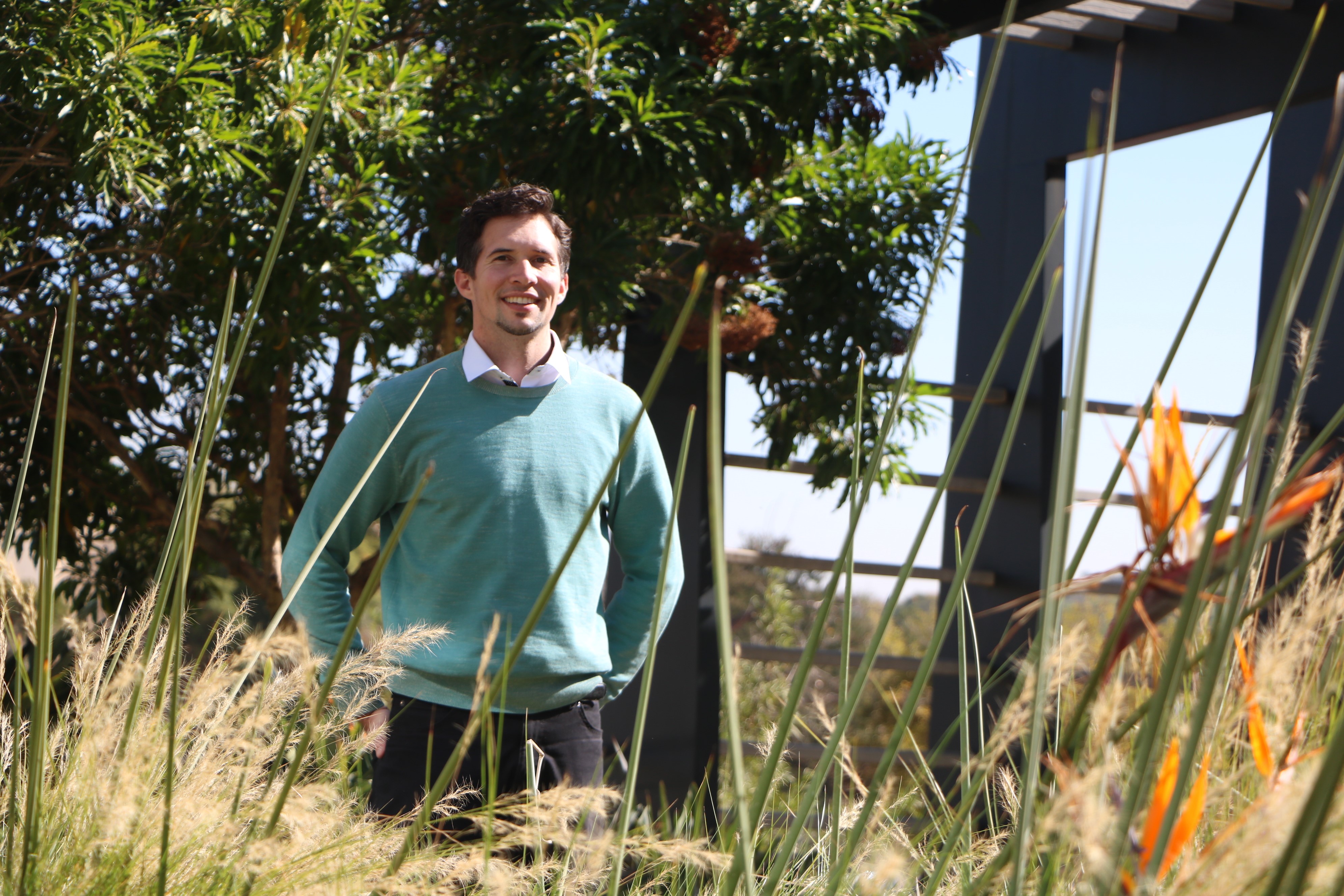
This week we meet alumnus Kent Buchanan, who studied Environmental Studies and Sustainability Science (class of 2011) and has many fond memories of the time he spent with his classmates. Now, he lives in South Africa and works on climate change mitigation policy and research.
Q: You have a Master’s degree in Environmental Studies and Sustainability Science from 2011. What have you been up to since your graduation?
After finishing in Lund I decided to settle in South Africa, my place of birth. I had a brief exploration of jobs in the USA (where my family had emigrated to) and Tanzania right after leaving Lund in 2011, but I was ultimately drawn to Johannesburg – which is a wonderfully energetic and boiling pot of cultures, arts and ideas. For me, the attraction to Johannesburg was both professional and personal.
Professionally, I found an opportunity to work in corporate environmental sustainability as a consultant, and later I shifted to the national government to work on climate change mitigation policy and research in 2014 in the Department of Environmental Affairs.
Personally, I find fulfilment in being a part of the future of this relatively new country that has many many societal challenges. The general attitude of people I surround myself with are passionate about change and fixing the problems to improve the community around us. Of course, I am happy to be in a place with a wealth of natural beauty and such friendly and warm people!
Q: What does a typical day at the office look like for you?
If I could choose a word to describe a typical day working at the environmental ministry it would be: unpredictable. Though my current work focus is on analysis and research on climate change mitigation opportunities through to 2050 and allocating carbon budgets with companies, I might be called in by my manager to prepare an urgent briefing for senior officials or the minister’s office. Or, I might be requested on the day to represent our team at a stakeholder engagement for a new climate change regulation and so on. As I am writing this it is a Sunday and I am leaving a science festival in the Eastern Cape where I had provided climate change and energy workshops with high schools to catch a flight tomorrow to Bonn, Germany to attend a meeting for Lead Reviewers of National Greenhouse Gas Inventories of Annex I countries at the UNFCCC. It is a busy and dynamic job, to say the least.

Q: What is it like working with climate change issues in South Africa? Are there unique challenges that you have not experienced in other countries?
I think it is quite an exciting time to work on climate change issues in the world. Due to the complexity of the issue, a lot of the research and work I do is unique. We, as a world, are not acting fast enough and this can be really frustrating, but I try to keep focused on all the positive steps we make going forward. Fortunately, in South Africa, climate change is not challenged significantly by ‘climate skeptics’ and it is not a political issue. Most everyone in the country agrees we need to act, but the disagreements come on how we should act on climate change.
What makes working in the government of South Africa very interesting is that our government has a clear mandate to improve the social and economic situation while ensuring the future of the environment. Specifically, the team I work in has to contribute to improving the economy, increasing jobs and reducing the gap between rich and poor while reducing greenhouse gas emissions. By the way, the right for a person to have a healthy environment is part of the Constitution here. The work that goes into developing our climate change effort within our specific team is just as much research on economic and employment impacts of climate action as actual greenhouse gas reductions.
Q: Has your Lund University education been beneficial in your work? In what ways?
I really appreciated the approach to teaching at Lund University, which promoted critical thinking and creativity within an academic setting. There was time and space provided throughout my course that allowed us as a class to discuss and really think about the environment, economy and society. This really got us thinking out of the box. I remember some of the crazy ideas we would come up with, like challenging the idea of having an economic system without ‘currency’ (proposed by my Ugandan friend) or ways to rebel against the consumption ways of society like disrupting city parking by having a few of us set up chairs in a parking bay without a car while still paying the parking meter (proposed by a Swedish friend).
Since it is such a complex issue that is cutting across all sectors, we really have to be able to critically think outside the box to be able to come up with impactful government solutions to mitigate greenhouse gases. I think the style of teaching at Lund University really prepared me for this.

Q: What is one of your favourite memories from your student days in Lund?
From waiting in the queue at Systembologet on a Friday to our relaxed dinners together with classmates, there are many fond memories. When I think of my time in Lund I still hear the train passing by to a standstill at Lund station, the suitcase wheels and bicycles steadily passing over the cobblestone, the heavy bass sound layered with laughter and screaming coming from the Nations. I could really get carried away with my fond memories.
As for a favourite memory, it would be hanging out with my friends in Stadsparken playing on a slackline and chatting about life.

